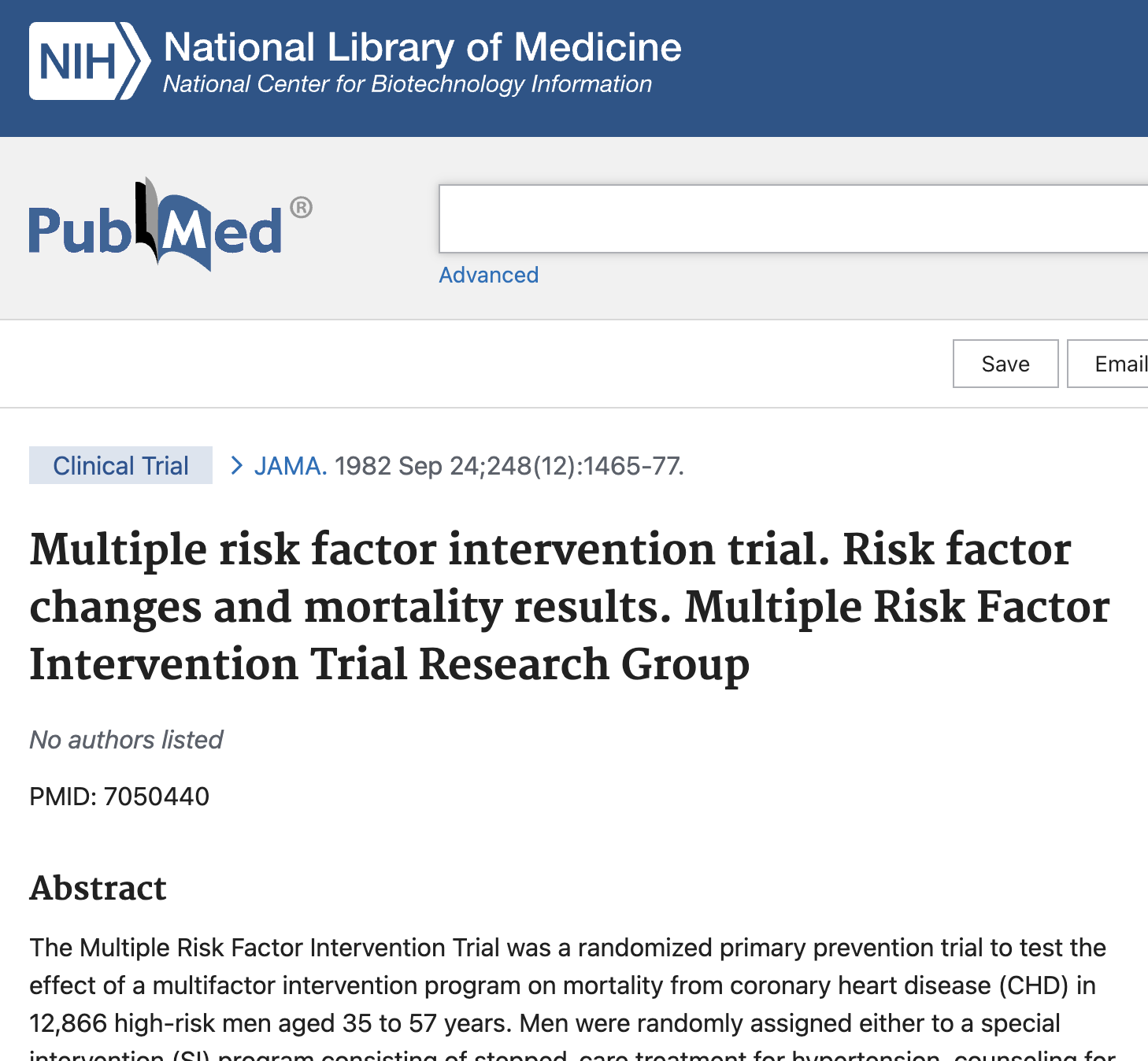ToK Exhibition Prompt 35:
In what ways do values affect the production of knowledge?
It’s a deceptively simple question with a profound answer: values influence knowledge production in virtually every way imaginable.
But of course, answering with "everything" won’t earn you high marks in the ToK Exhibition. To fully address the prompt and align with the IB’s assessment criteria, here’s a more structured approach to develop a robust response.
To watch this blog as a video click here.
The Role of Knowledge Claims
The first step in tackling this prompt is to articulate clear knowledge claims. These are the knowledge claims that connect your chosen objects to the prompt. For this discussion, let’s explore three broad knowledge claims:
1. Values affect why we produce knowledge.
2. Values affect what knowledge we choose to produce.
3. Values influence the biases arising in our production of knowledge.
Each of these claims will serve as the foundation for selecting and analysing objects. Most importantly, they will be the specific justification for the inclusion of each particular object.
Object Selection: Bringing Knowledge Claims to Life
Now comes the part everyone obsesses over: choosing objects. While virtually any object can be connected to any ToK prompt with creativity and critical thinking, your choices must demonstrate a clear link to the knowledge claims. Here are three examples:
Object 1: Research Report on Universal Basic Income (UBI)
- Real-World Context: This 2021 report from the Joseph Rowntree Foundation investigates whether a Universal Basic Income (UBI) could alleviate poverty. The foundation’s mission is rooted in social justice and eradicating poverty.
- Link to Prompt: The report exemplifies how deeply held values—in this case, the values of dignity and opportunity—drive the production of knowledge. The foundation’s values motivated the research into UBI as a potential policy solution.
- Justification: This object demonstrates the influence of values on why knowledge is produced. The foundation’s purpose shaped not only the research questions but also the intended outcomes.
Object 2: Gustave Courbet’s Painting “The Stone Breakers” (1849)
- Real-World Context: Courbet’s painting is a hallmark of social realism, portraying labourers engaged in backbreaking work. It was a radical departure from traditional art that glorified aristocracy and religion.
- Link to Prompt: Courbet’s values—a commitment to highlighting the struggles of ordinary people—guided his choice of subject. He produced artistic knowledge that aligned with his social and political beliefs.
- Justification: This object illustrates how values influence what knowledge is produced. Courbet’s focus on everyday labourers, rather than exalted figures, was a direct reflection of his values.
Object 3: The US Multiple Risk Factor Intervention Trial (MRFIT, 1973-1982)
- Real-World Context: This medical trial, involving over 3,500 male participants, aimed to study cardiovascular disease. However, it excluded women, assuming that findings for men would apply universally.
- Link to Prompt: The exclusion of women reveals how the values of the researchers—potentially shaped by societal norms and biases—affected the design and outcomes of the study.
- Justification: This object demonstrates how values introduce biases into the production of knowledge. The trial’s gender bias limited the applicability of its findings and shaped the direction of medical knowledge.
Final Thoughts
Values shape every aspect of knowledge production—from the questions we ask to the methods we use and even the interpretations we accept. By thoughtfully selecting objects and crafting knowledge claims, you can construct a response that captures the depth and complexity of this prompt.
More help !
For more resources, check out our eBooks on ToK Exhibition prompts linked here.
Stay tuned for additional insights on the ToKToday blog. If this post was helpful, don’t forget to share it with your classmates—and keep exploring the world of ToK with us!
Stay toktastic!
Daniel, Lisbon, January 2025






